Delta Airlines faces backlash for using AI to price tickets
Delta Airlines is facing criticism after announcing it is expanding its use of artificial intelligence (AI) in ticket pricing. Although Delta claims that AI only supports the traditional dynamic pricing model and does not use personal data to set individual prices for each passenger, many customers are still concerned about the risk of price discrimination and privacy violations.

Delta Airlines says it's using AI to set prices. (Source: Getty Images)
Consumer backlash erupted after Delta announced plans to use AI to determine fares for about 20% of its domestic network by the end of the year. Several US lawmakers sent letters demanding details of how the company would use AI, warning of the potential for “abuse of monopoly power” in Delta-dominated cities like Salt Lake City.
Experts say that the application of AI in the consumer sector requires transparency, especially when it directly affects customers' wallets and trust. They recommend that Delta provide more information on how fares are determined as well as passenger options for AI-based pricing systems.
Hong Kong MTR deploys AI system for train dispatch and crowd control
Hong Kong's MTR Corporation has deployed two artificial intelligence systems to optimize train dispatch and control passenger flow during major events at Kai Tak Sports Park, marking a new step in the application of technology to urban transportation.

The subway is the means of transportation for the majority of people in Hong Kong - China. (Source: Scmp)
The first system is a ridership prediction model developed with the Hong Kong University of Science and Technology. It uses billions of data sets from government surveys and MTR operations to predict ridership distribution across the entire rail network. It also analyzes historical data from more than 100 days of major events such as concerts and sports to create virtual post-event scenarios.
The second system is an intelligent crowd flow tool that helps MTR determine the direction of travel, the number of passengers, and the routes they use after an event ends. This allows operators to adjust train frequencies to disperse crowds more effectively.
China launches PRSS-01 satellite for Pakistan
On August 3, 2025, China successfully launched the PRSS-01 Earth observation satellite dedicated to Pakistan from the Xichang Satellite Launch Center in Sichuan Province. This is a major step forward in space cooperation between the two countries.
The satellite was launched into orbit by a Kuaizhou-1A rocket from the Xichang Satellite Launch Center (Sichuan province), with the entire system operating stably after separating from the rocket.

Pakistan's PRSS-01 missile is launched. (Source: China Media)
PRSS-01 is equipped with a high-resolution imaging system, serving the tasks of land surveying, urban planning, environmental monitoring and disaster response in Pakistan. Possessing real-time observation data is expected to help the country improve its capacity to handle emergency situations such as floods or earthquakes, while supporting its long-term infrastructure development strategy.
The satellite project is a testament to the extensive technical cooperation between China and Pakistan in the aerospace sector under the Belt and Road Initiative. Engineers from the two countries have worked closely together to research, manufacture and deploy PRSS-01. Experts say this will usher in a new era of satellite technology in Pakistan.

Technology 3/8: AI engineer salary 'shocking' when reaching 250 million USD 0

Ukraine uses drones carrying electric bicycles to rescue isolated soldiers 0

How to know if a song is generated by AI? 0

Software engineer lost his job 4 times in 18 years: 'AI is not the culprit' 0
Source: https://vtcnews.vn/cong-nghe-4-8-su-dung-ai-dinh-gia-ve-hang-hang-khong-my-bi-phan-doi-gay-gat-ar957767.html






![[Photo] Urgently help people soon have a place to live and stabilize their lives](/_next/image?url=https%3A%2F%2Fvphoto.vietnam.vn%2Fthumb%2F1200x675%2Fvietnam%2Fresource%2FIMAGE%2F2025%2F12%2F09%2F1765248230297_c-jpg.webp&w=3840&q=75)














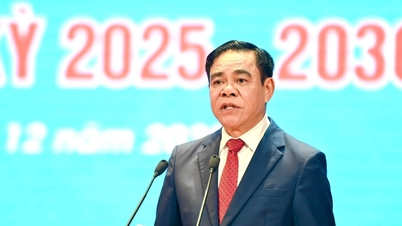




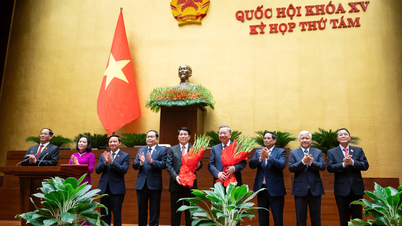









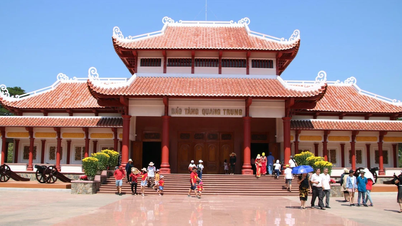





















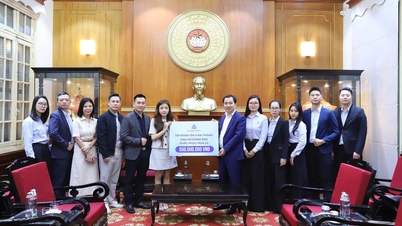








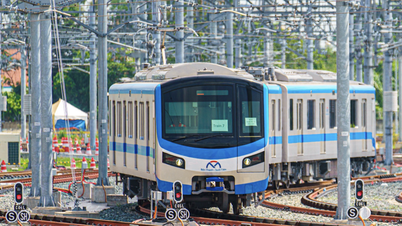



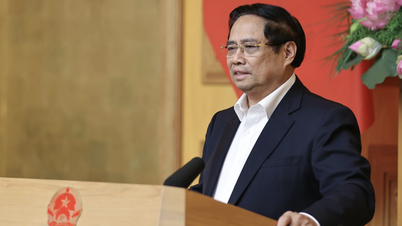

![[Photo] General Secretary To Lam works with the Standing Committees of the 14th Party Congress Subcommittees](https://vphoto.vietnam.vn/thumb/402x226/vietnam/resource/IMAGE/2025/12/09/1765265023554_image.jpeg)







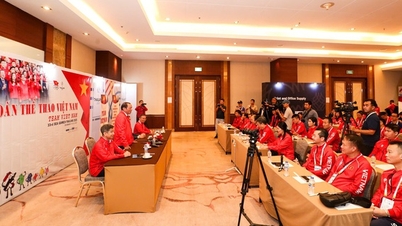

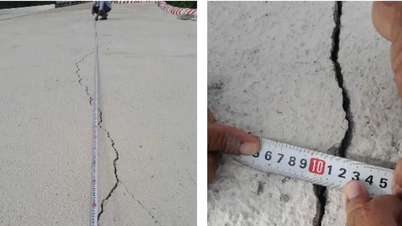


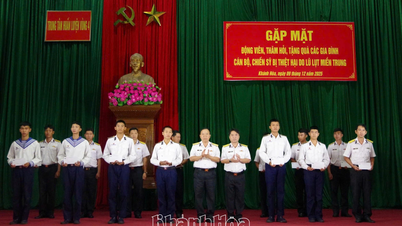




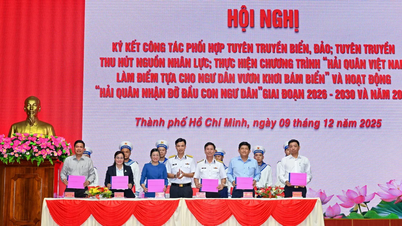
















Comment (0)